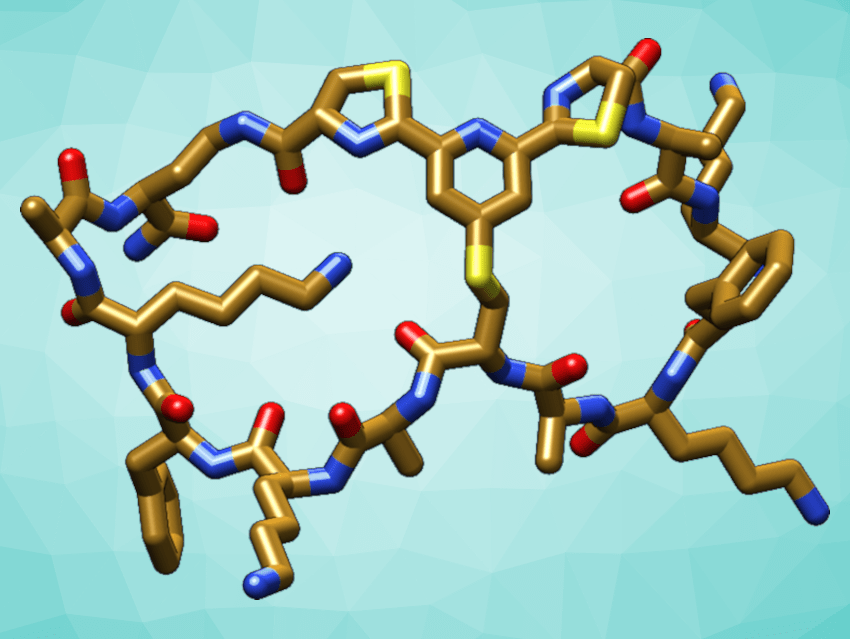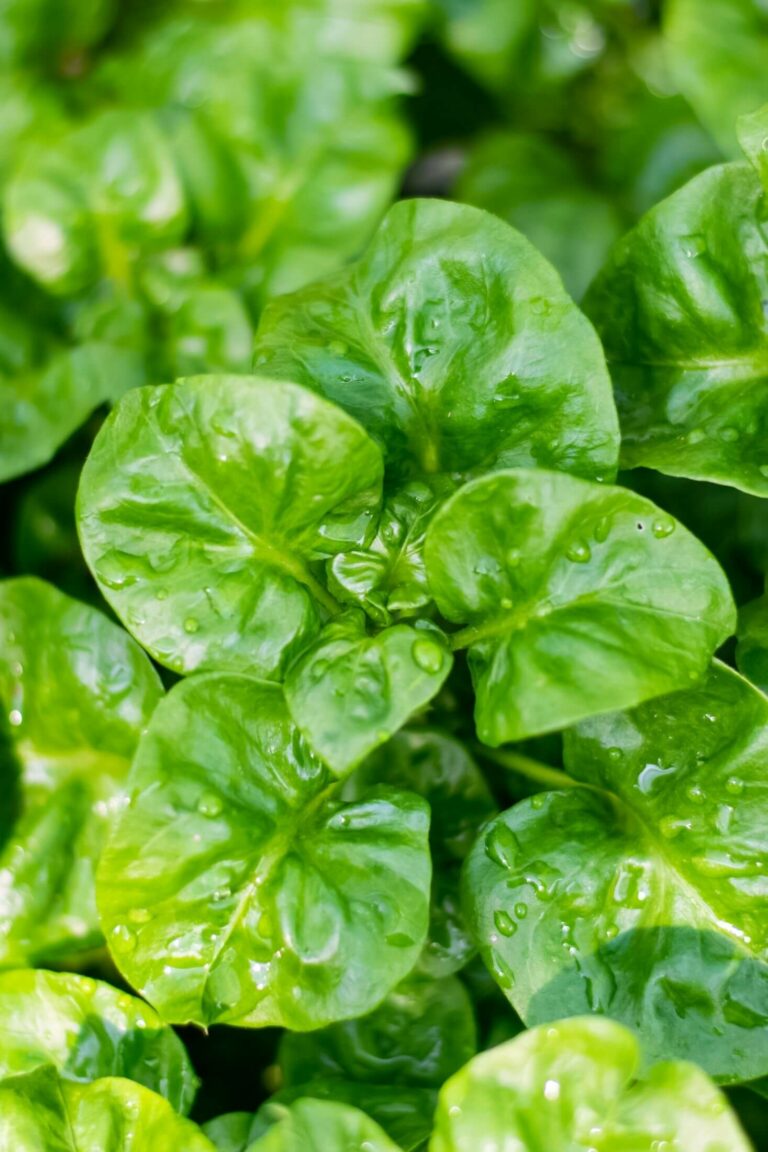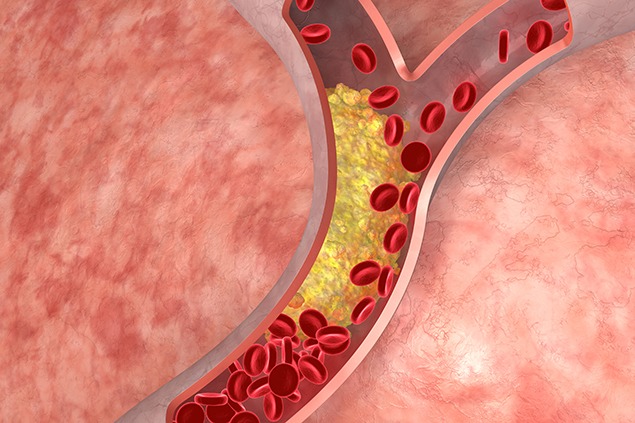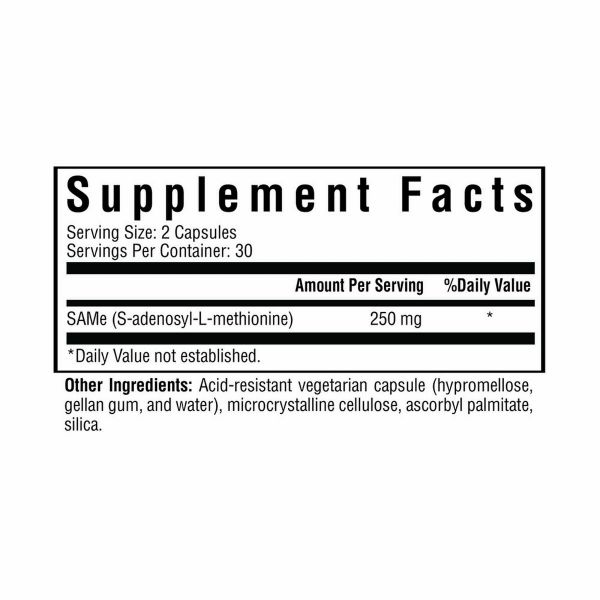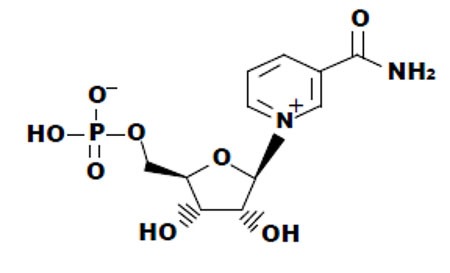Unlocking the Peptide Puzzle – What Are They, and What Do They Do?
Peptides: Tiny Molecules, Mighty Impacts You may have encountered the…
Peptides: Tiny Molecules, Mighty Impacts
You may have encountered the term “peptides” in a biology textbook, seen them touted in a skincare product, or even heard about them in the realm of sports and performance enhancement. But what exactly are peptides, and why should anyone be interested in them? In this article, we’re going to unravel the peptide puzzle—exploring what peptides are, how they’re formed, how they differ from proteins, and the remarkable roles they play in our bodies. Whether you’re a science buff, a skincare enthusiast, or someone curious about the latest in performance optimization, this guide will show you why these tiny chains of amino acids pack a mighty punch.
1. Introduction: The Big World of Small Molecules
In a universe where every cell and process depends on precise molecular interactions, peptides have emerged as key players in the grand symphony of life. From acting as cellular messengers to serving as the building blocks for more complex proteins, peptides are central to everything from metabolism and growth to healing and defence.
In this article, we’ll explore:
- What peptides are and how they form the foundation of life.
- The chemical magic behind their formation.
- The difference between peptides and proteins—and why size matters.
- The diverse roles peptides play in our bodies.
- Their exciting therapeutic potential, from medical treatments to skincare innovations.
So, whether you’re delving into your first biology class or looking to understand the latest trends in peptide-based therapies, let’s embark on this journey together!
2. The Building Blocks of Life: A Primer on Peptides
What Are Peptides?
At their most basic level, peptides are short chains of amino acids linked together by peptide bonds. Amino acids are the fundamental building blocks of proteins, and when they connect in sequences, they create either peptides or, if the chain is long enough, proteins.
- Amino Acids: Think of these as individual beads that, when strung together in a specific order, create a necklace. Each amino acid has a unique structure and function.
- Peptide Bonds: The chemical bonds that link amino acids together are called peptide bonds. They form through a process known as condensation or dehydration synthesis, where a molecule of water is released as two amino acids join.
Peptides vs. Proteins: A Matter of Length
It’s easy to get peptides and proteins mixed up since they share the same basic components. However, one key difference is the length of the amino acid chain:
- Dipeptides: Consist of just 2 amino acids.
- Tripeptides: Made up of 3 amino acids.
- Oligopeptides: Contain between 2 and 10–20 amino acids.
- Polypeptides: Longer chains, typically up to about 50 amino acids.
- Proteins: These are large, complex molecules composed of one or more polypeptides and usually contain more than 50 amino acids.
In simple terms, all proteins are made up of peptides, but not all peptides are large enough to be classified as proteins. The length and sequence determine their structure and function, much like how a short sentence conveys a simple idea while a longer one tells a more detailed story.
3. The Birth of a Peptide: A Chemical Perspective
The Dance of Molecules
A peptide comes into existence through the elegant process of condensation synthesis—a chemical dance where two amino acids join together to form a bond, releasing a molecule of water in the process.
How It Happens:
- Amino Group Meets Carboxyl Group: Each amino acid has an amino group (-NH₂) and a carboxyl group (-COOH). When the carboxyl group of one amino acid reacts with the amino group of another, they form a peptide bond.
- Dehydration Synthesis: During this reaction, a water molecule is released. This process is also known as dehydration synthesis because it involves the loss of water.
- Chain Reaction: This bonding process can repeat over and over, forming longer chains. The order in which amino acids are linked determines the peptide’s final structure and function.
Why This Process Matters
The formation of peptide bonds is not just a chemical curiosity—it’s the cornerstone of biological structure and function. Without these bonds, our bodies couldn’t synthesize the proteins necessary for building tissues, catalysing reactions, or defending against disease. In short, the chemistry of peptides is fundamental to life itself.
4. Roles of Peptides: Beyond Just Chains of Amino Acids
Peptides may be small, but they are incredibly versatile. Far from being inert chains, they are dynamic molecules that perform a wide range of essential functions in our bodies. Let’s explore some of their most important roles.
4.1 The Messengers: Communication at the Cellular Level
Many peptides serve as signalling molecules that facilitate communication between cells. For example:
- Insulin: One of the most well-known peptides, insulin is crucial for regulating blood sugar levels. It signals cells to take in glucose, thereby controlling energy metabolism.
- Glucagon: Working in tandem with insulin, glucagon helps regulate blood sugar by promoting the release of glucose into the bloodstream.
These peptide messengers ensure that your body’s cells operate in harmony, coordinating everything from energy use to growth.
4.2 Brain Talkers: Neuropeptides and Cognitive Function
Neuropeptides are peptides that act as neurotransmitters or neuromodulators in the brain. They play a pivotal role in regulating mood, stress, and cognitive function. For instance:
- Endorphins: Often dubbed “feel-good” peptides, endorphins help reduce pain and induce feelings of pleasure.
- Substance P: Involved in transmitting pain signals, it helps the brain interpret injury and stress.
Through these actions, neuropeptides contribute to mental clarity, emotional balance, and even improved performance in high-pressure situations.
4.3 Guardians of the Body: Antimicrobial Peptides
Our bodies have built-in defence mechanisms, and some peptides serve as first responders against invading pathogens:
- Antimicrobial Peptides (AMPs): These small molecules are part of the innate immune system and can directly kill bacteria, viruses, and fungi. They act as natural antibiotics, ensuring that our bodies can fend off infections quickly.
4.4 Digestive Aides: Enzymatic Helpers
Not all peptides serve as signalling molecules. Some act as enzymes—biological catalysts that break down food and facilitate nutrient absorption. These peptides help convert the food you eat into energy, ensuring that your body has the fuel it needs to function at its best.
4.5 Regulators: Keeping the Body in Balance
Peptides are also involved in the fine-tuning of bodily functions:
- Angiotensin: A peptide that helps regulate blood pressure by controlling the narrowing of blood vessels.
- Gastrointestinal Hormones: Peptides like gastrin play roles in digestion by stimulating the secretion of digestive enzymes.
In every system of your body, peptides help maintain balance and ensure that all processes run smoothly.
5. Peptides – The New Therapeutic Frontier
Given their vast range of functions, it’s no surprise that peptides are capturing the attention of the medical and wellness communities as potential therapeutic agents.
5.1 Medical Applications: From Metabolism to Cancer Treatment
Researchers are exploring peptides as novel treatments for a variety of conditions:
- Metabolic Disorders: Peptides are being investigated for their potential to regulate metabolism and treat conditions like diabetes.
- Cancer: Certain peptides show promise in targeting cancer cells, either by directly inducing cell death or by enhancing the immune system’s ability to fight tumours.
- Cardiovascular Health: Peptides that regulate blood pressure and cholesterol are under study as treatments for heart disease.
5.2 Skincare and Anti-Aging
Peptides have also found a home in the beauty industry. Their ability to signal collagen production and repair skin cells makes them a popular ingredient in anti-aging creams and serums. When applied topically, peptides can help:
- Reduce Wrinkles: By promoting collagen synthesis, they can help smooth fine lines and wrinkles.
- Improve Skin Texture: Enhanced cell turnover leads to healthier, more radiant skin.
- Protect Against Environmental Damage: Some peptides act as antioxidants, shielding skin from harmful free radicals.
5.3 Peptides in Sports and Performance Enhancement
In the realm of sports, peptides are emerging as tools for performance enhancement and recovery:
- Growth Hormone Releasing Peptides (GHRPs): These peptides stimulate the release of growth hormone, potentially aiding muscle growth, recovery, and fat loss.
- Collagen Peptides: Popular among athletes, collagen peptides support joint health and may help reduce the risk of injuries by strengthening tendons and ligaments.
While the use of peptides for performance enhancement is still a topic of research and debate, their potential benefits are drawing considerable interest in the sports community.
6. Understanding the Future: Unlocking the Potential of Peptides
Ongoing Research and Innovation
The study of peptides is one of the most dynamic fields in biomedical research today. With advances in technology and molecular biology, scientists are discovering new peptides and uncovering even more of their roles in health and disease. The potential applications seem almost limitless—from targeted drug delivery systems to personalized medicine, peptides could revolutionize how we approach treatment for a wide range of conditions.
Challenges and Considerations
Despite their promise, there are challenges to harnessing the full potential of peptides:
- Stability: Peptides can be unstable in the body, meaning that delivering them in a way that preserves their activity is a major research focus.
- Delivery Methods: Researchers are working on innovative delivery systems (like nanoparticle carriers or skin-penetrating formulations) to ensure peptides reach their target tissues effectively.
- Cost: The production of high-quality peptides can be expensive, though advances in biotechnology are gradually reducing these costs.
Regulatory and Ethical Considerations
As peptides begin to be used more widely—both in medicine and in performance enhancement—it’s important for regulatory bodies to ensure their safety and efficacy. Clear guidelines and ethical standards will help prevent misuse and ensure that these powerful molecules are used responsibly.
7. Conclusion: Small Chains, Big Impact
Peptides might be small, but they are mighty. These chains of amino acids are fundamental to the structure and function of every living cell. From acting as messengers and enzymes to defending our bodies against infections and supporting skin health, peptides play roles that are as diverse as they are essential.
As science continues to peel back the layers of complexity surrounding these molecules, one thing is clear: peptides hold enormous potential. Whether in the realm of therapeutic medicine, cutting-edge skincare, or even performance enhancement in sports, the future of peptides is bright.
For anyone curious about the marvels of molecular biology or eager to explore new frontiers in health and wellness, peptides represent a fascinating and promising area of discovery. Their ability to influence everything from metabolism to mental clarity underscores a simple truth: sometimes, the smallest components can have the largest impact.
Disclaimer: This blog post is crafted for informational purposes and isn’t an endorsement of any supplements. Consultation with professionals is vital when making health or athletic decisions.

